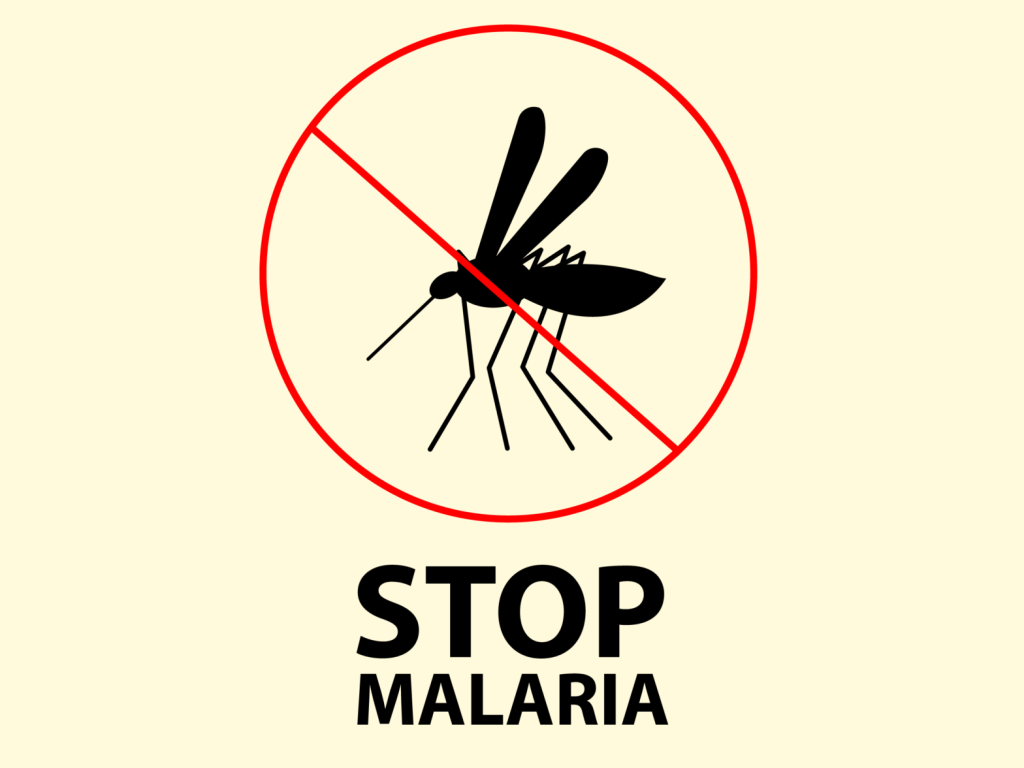Malaria Prevalence Report Highlights Southern Province as Most Affected Region

The Rwanda Biomedical Center (RBC) has released the Malaria and NTDs Annual Report for 2022-23, unveiling critical insights into the prevalence of malaria across different regions in the country. The report identifies the Southern Province as the area most heavily impacted by the disease, with specific districts facing significant challenges.
In the Southern Province, Nyamagabe, Gisagara, Nyaruguru, and Muhanga emerged as the districts with the highest concentration of malaria cases. The rates per 1000 individuals were recorded at 111, 100, 91, and 73 cases, respectively. Gicumbi in the Northern province and Gasabo district in Kigali City also faced notable challenges, reporting 95 and 91 cases, respectively.
Conversely, the Eastern Province exhibited the lowest malaria prevalence, with Ngoma, Gatsibo, and Kayonza districts leading the charge among regions with fewer reported cases.
The national malaria incidence currently stands at 47 cases per 1000 individuals, and Rwanda has set an ambitious goal of achieving zero malaria cases by 2030.
Epaphrodite Habanabakize, the Malaria Prevention Senior Officer at RBC, underscored the persistent challenge posed by a segment of the population disregarding established preventive measures. To address this, ongoing efforts such as the ‘Rwanda Malaria and Indicator Survey’ are being undertaken to understand the reasons behind non-compliance and provide insights to combat the parasite effectively.
Habanabakize emphasized that malaria, despite its prevalence, does not discriminate between rural and urban areas. He stressed the importance of adhering to preventive measures, highlighting the dynamic nature of the disease.
“While malaria doesn’t discriminate between rural and urban areas, preventive measures remain pivotal in curbing its spread,” said Habanabakize.
In response to the concerning prevalence of malaria in specific districts, he urged strict adherence to preventive measures, including the use of mosquito nets, indoor mosquito spraying, and following recommended precautions when outdoors.
Despite the challenges, there is positive news in the data, as malaria-related deaths have seen a significant decline from 663 cases in 2016 to 51 cases in the current report. Additionally, patients with severe malaria dropped from 17,941 in 2016 to 1,316 in the 2022-2023 period, reflecting the effectiveness of ongoing malaria control efforts in Rwanda.
ND


